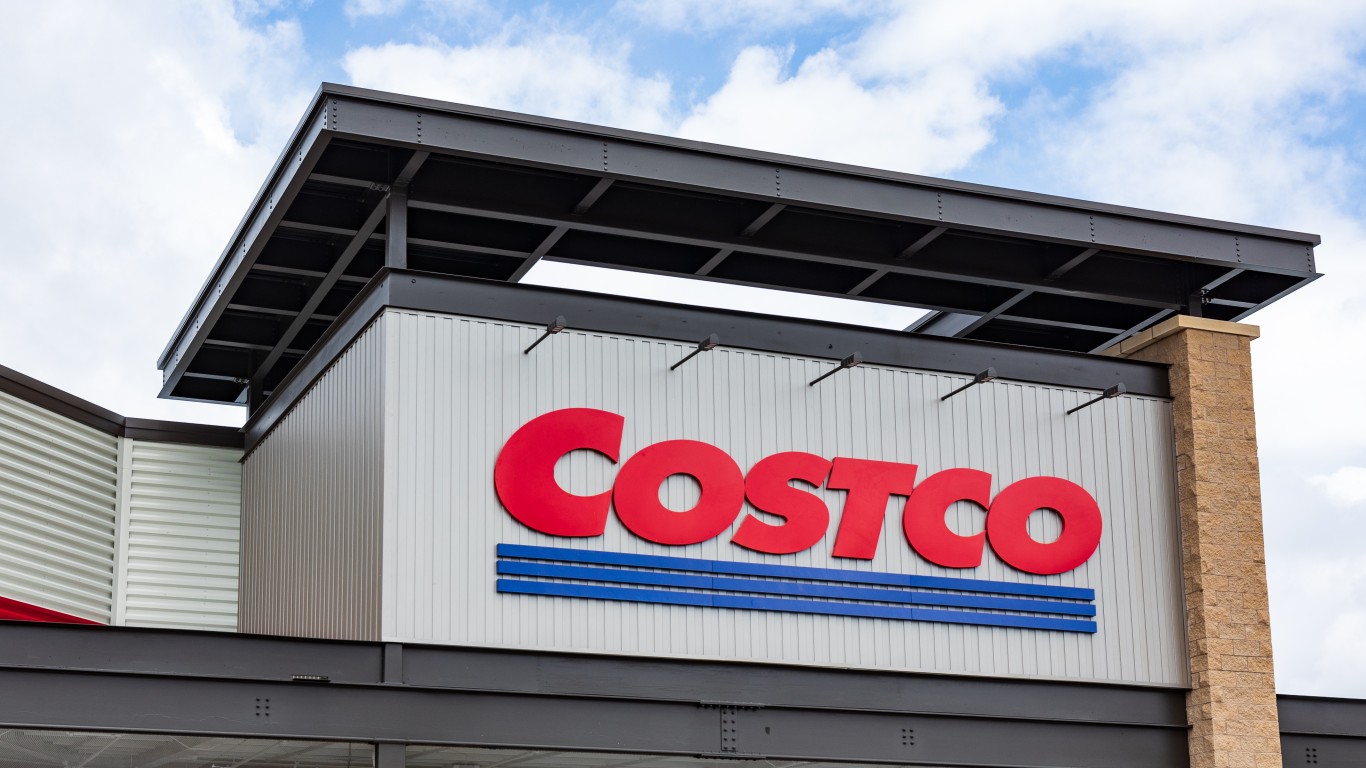
Despite raising hourly wages, Walmart (NYSE: WMT) still faces a series of aggressive protests about pay on Black Friday, one of the most important days for its recovery. Even if Black Friday has expanded into Thanksgiving and the rest of the holiday weekend, no retailer can do well without the individual day being strong. With shaky same-store sales, Walmart needs to pick up market share this holiday season.
According to protest group OUR Walmart, it will join with 22 other organizations:
On Black Friday, November 27, protests will take place from coast to coast outside of Walmart stores as workers and allies demand that the company increase wages and hours. The actions, at a dozen stores across the nation, comes on the heels of a more than two-week fast by 1,400 people, and numerous events by workers and allies demanding $15 an hour and full-time work so they have enough hours to provide for their families at a wage they can live on.
Unlike other protests against large retailers, Walmart is not a target simply because it is forcing workers to come to its stores on Thanksgiving. The Walmart protesters are taking a longer view.
Also the protest will take place in large cities, which are not Walmart’s stronghold:
The Black Friday actions will be taking place in cities including: New York City, Tampa, Washington, DC, Miami, Chicago, Minneapolis, Los Angeles, Oakland, Sacramento, Seattle, Portland and Detroit.
Walmart’s strength, at least in terms of store locations, is in the middle of the country, and much less in the states along the Atlantic and Pacific oceans.
ALSO READ: 10 Stores Open on Thanksgiving
Another question about the protest actions is whether they are large enough to affect Walmart’s Black Friday business at all. It has over 5,100 stores in the U.S.
The Walmart protests may have a symbolic effect, but probably not much more than that.
The Average American Has No Idea How Much Money You Can Make Today (Sponsor)
The last few years made people forget how much banks and CD’s can pay. Meanwhile, interest rates have spiked and many can afford to pay you much more, but most are keeping yields low and hoping you won’t notice.
But there is good news. To win qualified customers, some accounts are paying almost 10x the national average! That’s an incredible way to keep your money safe and earn more at the same time. Our top pick for high yield savings accounts includes other benefits as well. You can earn up to 3.80% with a Checking & Savings Account today Sign up and get up to $300 with direct deposit. No account fees. FDIC Insured.
Click here to see how much more you could be earning on your savings today. It takes just a few minutes to open an account to make your money work for you.
Thank you for reading! Have some feedback for us?
Contact the 24/7 Wall St. editorial team.



